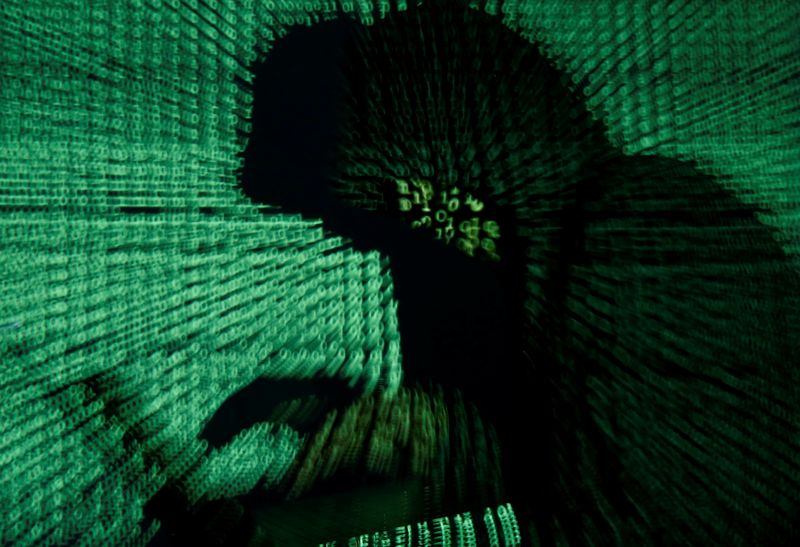By Christopher Bing and AJ Vicens
(Reuters) -An Iranian hacking group is actively scouting U.S. election-related websites and U.S. media as Election Day approaches, with activity indicating preparations for more “direct influence operations,” according to a Microsoft (NASDAQ:) blog post published on Wednesday.
The hackers – dubbed Cotton Sandstorm by Microsoft and linked to Iran’s Islamic Revolutionary Guards Corps – conducted reconnaissance and limited investigations of multiple “election-related websites” in several undisclosed theaters of war, the report said. In May, they also scanned an unidentified US news outlet to understand its vulnerabilities.
US Vice President Kamala Harris, the Democratic candidate, faces Republican rival Donald Trump in the November 5 presidential election, which polls suggest is an extremely tight race.
“Cotton Sandstorm will increase its activity as the election approaches, given the group’s operational pace and history of election interference,” researchers wrote. The development is especially concerning because of the group’s past efforts, they said.
A spokesperson for Iran’s mission to the United Nations said that “such accusations are fundamentally unfounded and completely inadmissible.”
“Iran has no motive or intention to interfere in the US elections,” the spokesperson said.
According to US officials, Cotton Sandstorm launched another cyber-enabled influence operation in 2020 shortly before the last presidential election. The hackers posed as the right-wing “Proud Boys” and sent thousands of emails to Florida residents, threatening to “vote for Trump or else!”
The group also released a video on social media, purportedly from activist hackers, showing them investigating an election system. While this operation never affected individual voting systems, the aim was to cause chaos, confusion and doubt, senior US officials said at the time.

After the 2020 election, Cotton Sandstorm also conducted a separate operation that encouraged violence against U.S. election officials who had denied claims of widespread voter fraud, Microsoft said.
The Office of the Director of National Intelligence, which coordinates U.S. federal efforts to protect the election from foreign influence, referred Reuters to an earlier statement that said: “Foreign actors – particularly Russia, Iran and China – remain intent on fomenting division to sow. stories to divide Americans and undermine Americans’ confidence in the American democratic system.”


